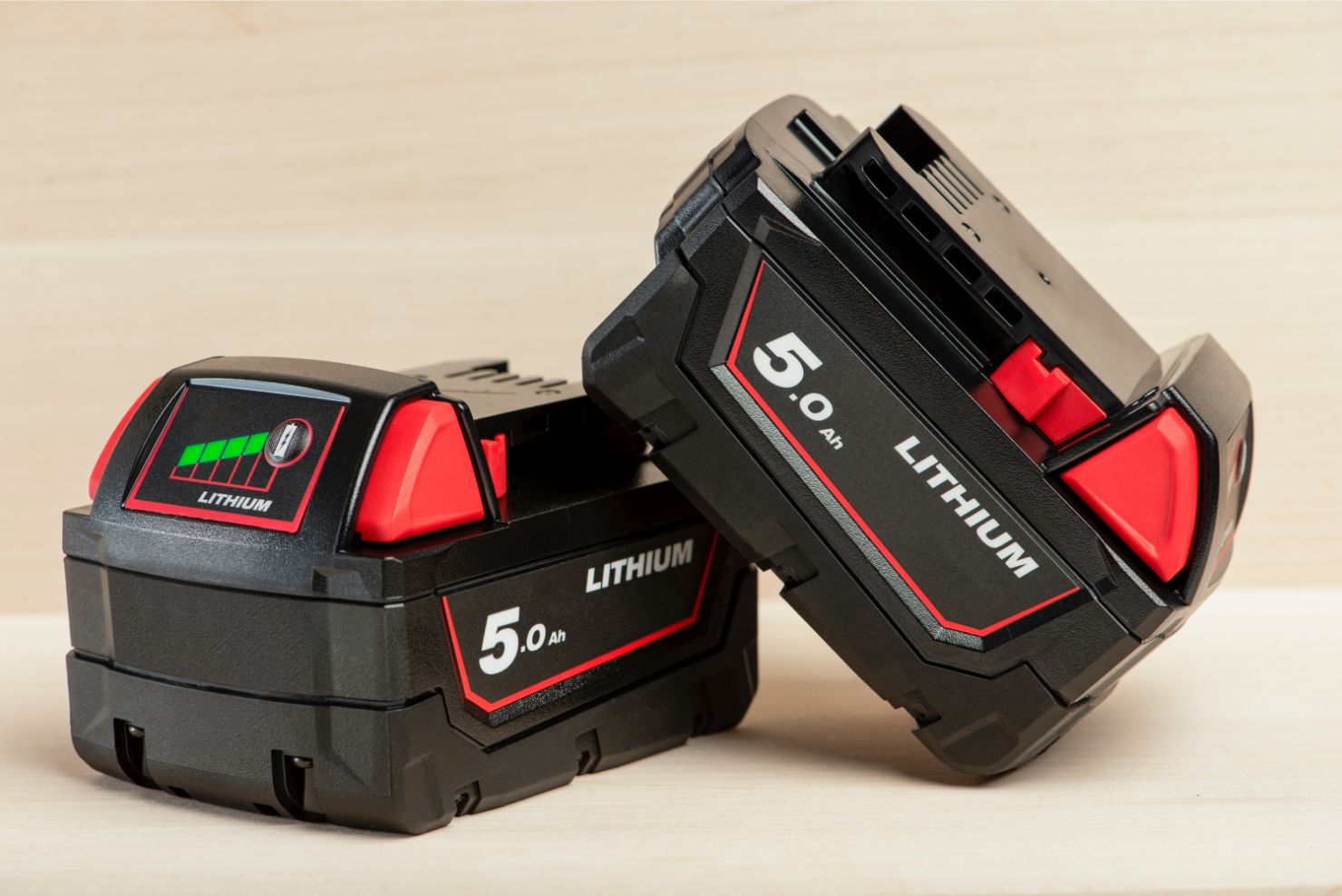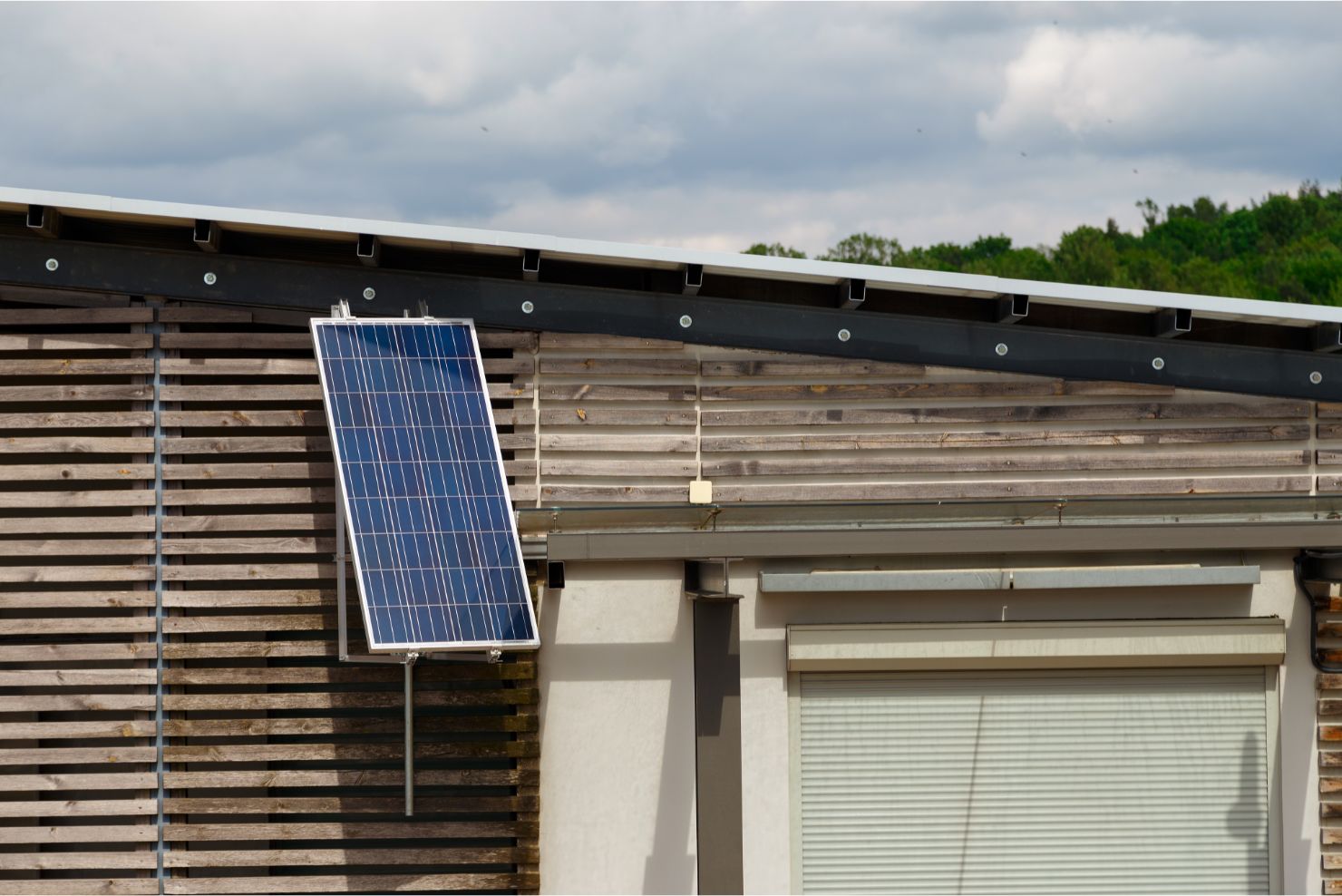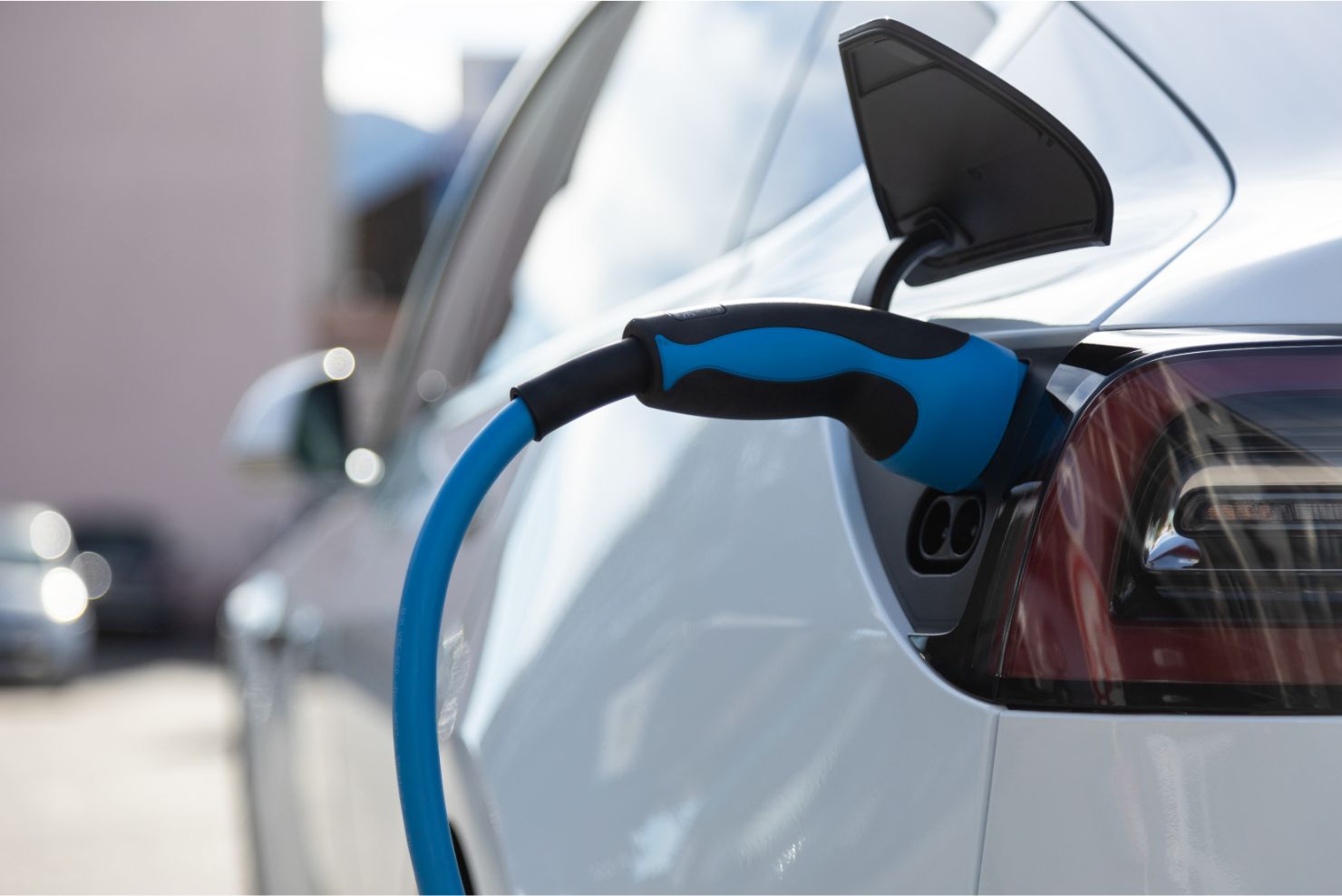Lithium-ion batteries (LIBs) have long been the standard bearer in our rechargeable world, powering everything from smartphones to electric vehicles. However, there's a quieter, perhaps greener revolution underway in the form of Lithium Iron Phosphate (LiFePO4) batteries, often abbreviated to LFP. These batteries are gaining traction for their unique blend of safety, longevity, and environmental benefits, despite their relative obscurity in the mainstream narrative.
Most blog posts focus on LFP's safety advantages – its inherent stability makes it much less prone to fires compared to traditional LIBs. However, LFP boasts a range of under-discussed benefits that make it a compelling choice for specific applications.
Here at Ivent, we stock a wide range of LiFePO4 batteries including a super-powerful 12.8v 100Ah LFP Smart Battery which has a myriad of uses including security systems, home alarms, backup power, golf carts, mobility scooter, campervans and solar energy storage. You can check out our full range of LiFePO4 batteries and discover New Zealand's lowest prices for batteries.
Introduction to Lithium Iron Phosphate (LiFePO4) Batteries
At the heart of this technological evolution lies the LFP battery, a variant of the lithium-ion technology with distinct advantages over its more common counterparts. But what sets LiFePO4 apart, and why is it an important advancement in battery technology? Simply put, while traditional LIBs excel in energy density, LFP batteries offer superior safety, depth of discharge, durability through extended cycle life, and an exemplary environmental profile, making them a smart choice for a variety of applications.
Advantages of LiFePO4 Batteries
The benefits of LFP batteries extend far beyond their touted safety features. From longer lifespans to stellar performance under extreme conditions, here's why LiFePO4 technology is turning heads:
Longer Lifespan and Durability

A key advantage of LFP batteries is their exceptional lifecycle. Research demonstrates that LFP batteries can last up to four times longer than standard LIBs, with abilities to retain over 80% capacity after 2-3000 charge cycles while LIBs dropped below 60%. This durability translates into significant cost savings over time, particularly for devices requiring frequent power cycles like power tools (which can see thousands of cycles in their lifetime).
Enhanced Safety Features
Safety is arguably the hallmark of LFP technology. Its thermal stability greatly reduces the risk of catastrophic fires, a concern with traditional lithium-ion batteries. This safety profile enables faster charging without compromising the integrity of the battery, offering peace of mind for users and manufacturers alike. A research paper by Wang et al., 2019 compared the performance of LFP and LIB cells under high-rate charging conditions. The LFP cells exhibited significantly lower temperature rise, making them ideal for applications where rapid charging is crucial, such as electric buses or drones.
Superior Performance in Extreme Temperatures
LFP batteries outshine their lithium-ion cousins in harsh conditions. Their robust composition allows them to maintain performance in extreme temperatures, making them ideal for applications from electric vehicles (EVs) to solar energy storage systems, where temperature resilience is crucial.

Environmental Benefits and Sustainability
LFP batteries are composed of non-toxic and readily available materials, unlike some LIBs that contain cobalt, a metal often mined using unethical practices. Additionally, LFP batteries are easier to recycle due to their simpler chemical makeup. A report by The International Battery Recycling Association estimates that nearly 95% of LFP battery materials can be recovered, minimising environmental impact. Their recyclability further minimises their environmental footprint, promising a greener cycle of use and reuse.
Lower Cost (in the Long Run)
While the initial cost of LFP batteries can be slightly higher than LIBs, their extended lifespan and lower maintenance requirements often lead to significant cost savings over time. A lifecycle cost analysis by Li et al., 2020 found that LFP batteries offered a lower total cost of ownership compared to LIBs for applications with frequent charge cycles.
The Trade-Off: Energy Density
It's important to acknowledge that LFP batteries do have a lower energy density compared to some high-performance LIBs. This translates to less storage capacity in a similar-sized battery. However, advancements in LFP technology are continuously improving energy density, and for applications that prioritise safety, lifespan, and environmental benefits, LFP offers a compelling alternative.
Applications and Industries Utilising LiFePO4
From powering the next generation of EVs to revolutionising solar energy storage, LiFePO4 batteries are finding their place across numerous sectors:
- Electric Vehicles: Offering a safer, more durable alternative for short to medium-range EVs.
- Solar Energy Systems: Providing reliable, long-lasting storage solutions for green energy.
- Portable Electronics and Tools: Improving safety and longevity in everyday devices and professional equipment.
- Marine and Recreational Vehicles: Ensuring reliable power in environments where stability and safety are paramount.

Challenges and Future Developments
Though not without its challenges, notably in energy density when compared to some LIB variants, the ongoing advancements in LFP technology hint at a bright future. Continued research aims to elevate the energy density of LFPs while maintaining their core benefits, further solidifying their stance in the green technology arena.
From powering industrial equipment and grid storage to providing safe and reliable energy solutions for electric vehicles with shorter-range requirements, LFP technology offers a unique combination of safety, longevity, and environmental responsibility. While LFP may not be a one-size-fits-all solution, it deserves a closer look for applications where safety, durability, and long-term cost efficiency are paramount.
Conclusion
The pivot towards LiFePO4 technology signifies a broader shift in our approach to energy storage - one that values not just power and efficiency but also safety, durability, and environmental responsibility. For tech enthusiasts and green energy advocates, LFP batteries represent a significant stride towards sustainable technology solutions. Their growing applications across industries underscore a commitment to safer, longer-lasting, and more eco-friendly power sources.
Adopting LFP technology is more than a strategic choice; it's a step towards a sustainable future. Whether for personal devices, electric vehicles, or renewable energy storage, the advantages of LiFePO4 batteries are too compelling to overlook. As we continue to explore and expand their potential, the impact of LFP technology on our world promises to be both profound and positive.
Discover the power and promise of LFP for yourself, and join us at the forefront of the next wave in battery technology.
